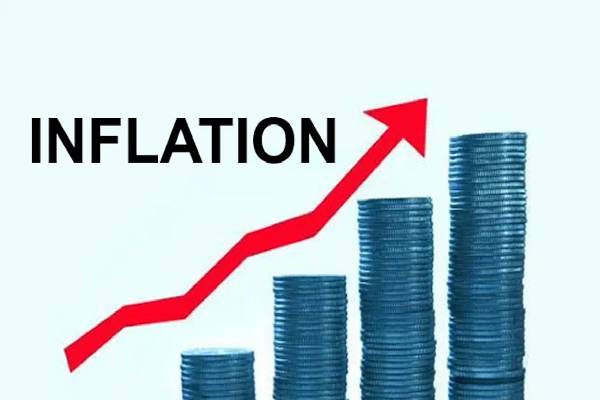On tackling inflation
Our streets are bristling with anger and frustration as the country grapples with asphyxiating inflationary pressure that is proving largely intractable. It’s no news that inflation rose to 28.92 per cent in December 2023 from 28.20 per cent in November. Unhappily, purchasing power has significantly slumped with many people falling into the dark pit of […]

Our streets are bristling with anger and frustration as the country grapples with asphyxiating inflationary pressure that is proving largely intractable. It’s no news that inflation rose to 28.92 per cent in December 2023 from 28.20 per cent in November. Unhappily, purchasing power has significantly slumped with many people falling into the dark pit of poverty.
According to the World Bank, poverty rate increased to 46 per cent in 2023, representing 104 million poor Nigerians. The poor are no doubt disproportionately hit by the challenge. The costs of goods and services are out of reach to many with extortionate cost of transportation firmly in the matrix.
Food prices have continued to make an upward trajectory constituting a nightmare that has continue to keep many awake at night. This is in the face of static income. Incomes are now substantially spent on essentials. Proper nutrition is way out of the plan of many. Ironically, the hitherto substitute goods are now luxury. Health care is pricey, which of course will be pushing or already is pushing not a few into embracing unorthodox alternatives.
Businesses are gasping for breath. Cost of production is fast chipping away at profit. For instance, the poultry industry is adrift in the sea of conflation of many factors like the rising cost of energy and essential raw materials for feed production and which has placed many jobs on the line. In fact, the general job market is tepid and constricted making jobs few and far between.
- Name sponsors of terrorism, Sharia Council tells EFCC
- INEC suspends officer over ‘missing’ ballot papers in Plateau
Government intervention through monetary strategy hasn’t delivered the goods. No doubt, there’s a relationship between money supply and the level of inflation and it is on record that money supply – hit N78.74 trillion as at December 2023 from N53.1 trillion in January of the same year. The surge indicates the size of liquidity in the economy which seems to have defied the tightening of the monetary policy in an attempt to absorb the excess liquidity.
It goes without saying that the challenge is also supply-induced – a cost-push inflation is active in the economy. It is driven by high cost of production with concomitant increase in prices. Dealing with this kind of inflation is not straightforward and result of the measures in tackling the problem is not immediate. Essentially, the measures/approaches need to be holistic.
The well-intention idea of pulling the plug on fuel subsidy was attended by hike in transportation cost conflated with the depreciation of the naira which saw it lose considerable value against major currencies in bolstering inflation.
The exchange rate remains volatile which of course has a negative consequence on an import-dependent economy like ours. Prices of imported commodities have all gone up. There is no way inflation will cool when the naira continues to lose its value.
The inflation figure is driven largely by food and energy. The ban on 43 items among which were major staple foods from the official forex window contributed in no small measure to inflation. So, the re-admittance of the items last year, after eight years was an attempt at solving that challenge. The chronic forex illiquidity hamstrings the intention.
Tackling inflation requires urgent intervention in addressing the challenges of productivity in the economy through ramping up local production and consumption. This means agriculture will need to be given a pride of place through huge investments in techniques and technology to boost value addition; so also, is in the area of insecurity which has continued to undercut the economy.
There’s an urgent need to create an enabling environment for attracting foreign investment and incentivizing exports. It is consequential to strengthen interventions in addressing the high cost of transportation and logistics challenges. So also the need to splurge on infrastructure which is so decrepit with negative effect on the economy.
The fight against oil theft must be sustained to improve oil revenues. The launching of genuine fight against corruption and exploring potential sources of forex needs no emphasis. A multi-sectoral approach in implementing policies and promoting the requisite investments is key in achieving results.
Inflation isn’t a peculiar problem but we walked ourselves into it as a result of recklessness in managing the economy. Make no mistake, there are no quick fixes but priority must be attached to the mentioned points in inaugurating a semblance of order to the socioeconomic upheaval engendered by inflation. Also, with the right leadership and political will the country will march out of the woods.
Abachi Ungbo can be reached via [email protected]
